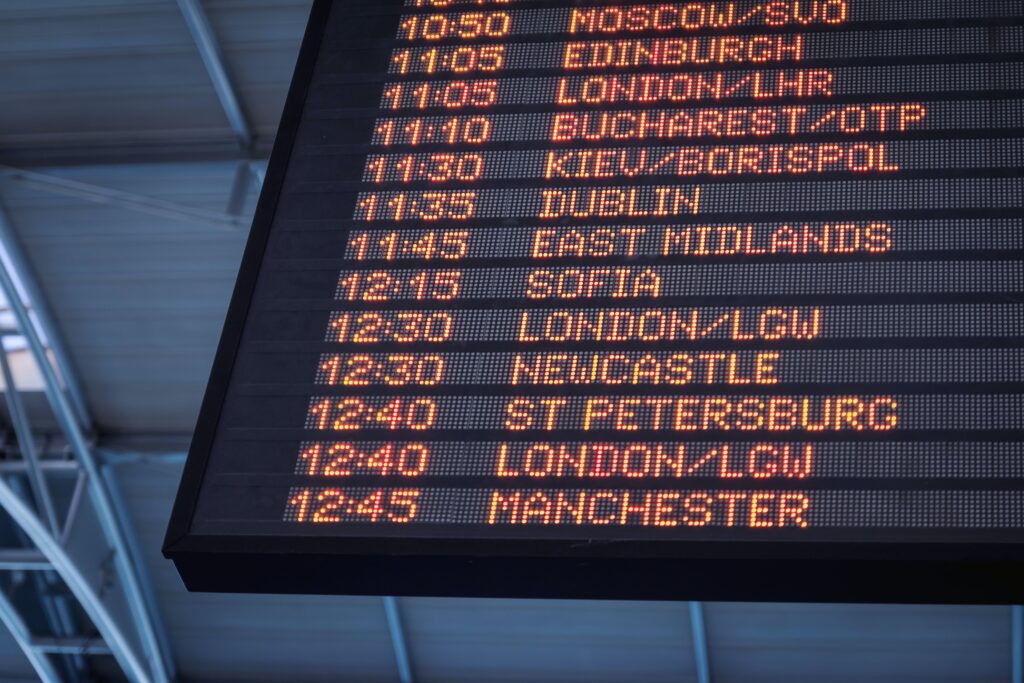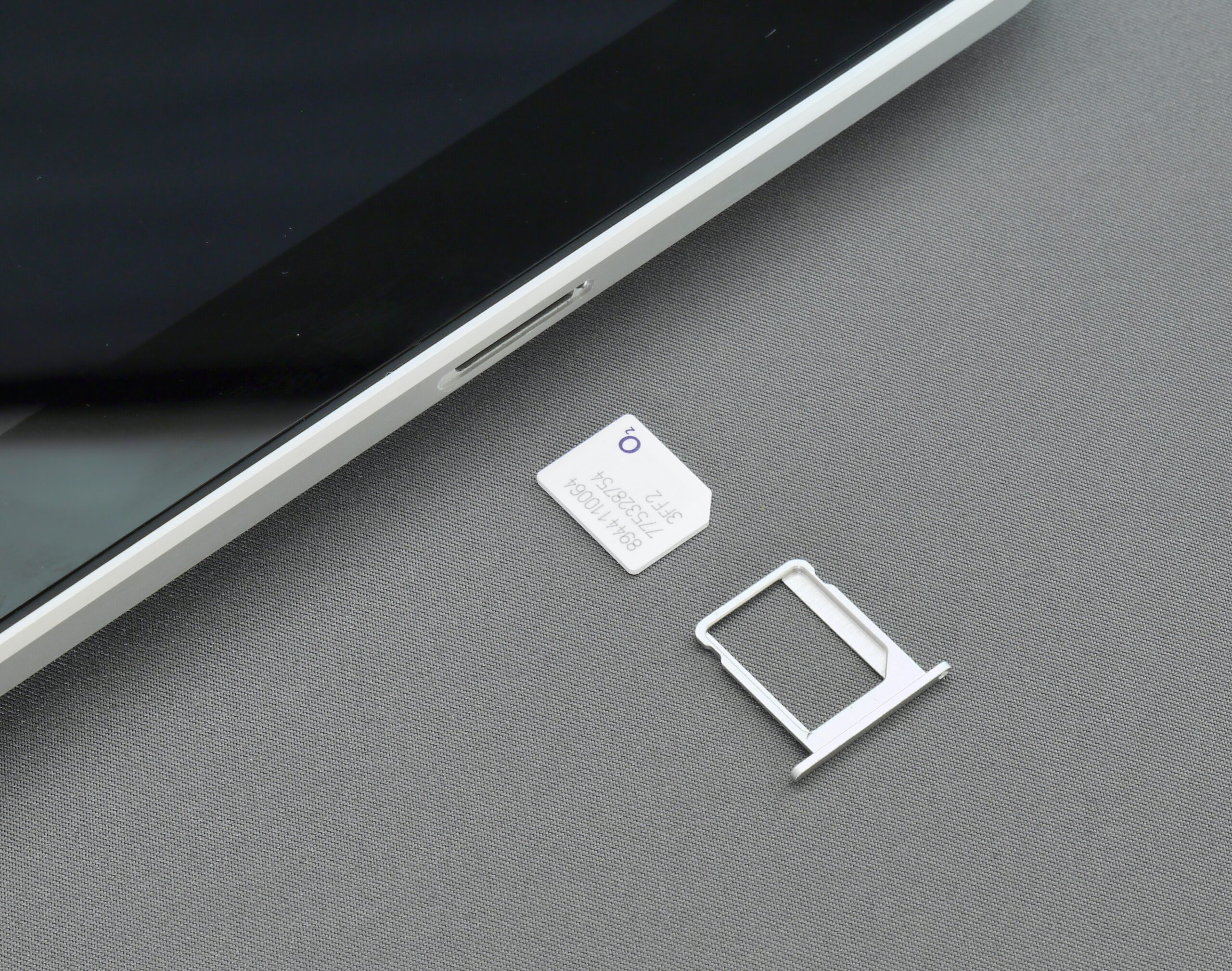Spain Transportation Guide
Spain Transportation Guide: Efficient transportation in Spain blends high-speed trains, extensive bus networks, and well-connected metros, facilitating seamless exploration of diverse landscapes.


Spain Transportation Guide – International Airports
Spain has several international airports, some of the busiest and most important airports in the country are:
Madrid-Barajas Airport (MAD) – located in Madrid, the capital of Spain, it is the largest airport in Spain and the main hub for Iberia and Air Europa.
Barcelona-El Prat Airport (BCN) – located in Barcelona, it is the second-largest airport in Spain and a hub for Vueling Airlines.
Málaga-Costa del Sol Airport (AGP) – located in Málaga, it is the fourth-busiest airport in Spain and a popular destination for tourists visiting the Costa del Sol.
Palma de Mallorca Airport (PMI) – located in Palma, on the island of Mallorca, it is the third-busiest airport in Spain and a major hub for Air Europa.
Alicante-Elche Airport (ALC) – located in Alicante, it is the fifth-busiest airport in Spain and a popular destination for tourists visiting the Costa Blanca.
Valencia Airport (VLC) – located in Valencia, it is the eighth-busiest airport in Spain and a hub for Air Nostrum.
Other international airports in Spain include Bilbao Airport (BIO), Gran Canaria Airport (LPA), Tenerife South Airport (TFS), and Sevilla Airport (SVQ).
National Airports
Spain has several national airports, which primarily serve domestic flights within the country. Some of the busiest and most important national airports in Spain include:
Adolfo Suárez Madrid-Barajas Airport (MAD) – located in Madrid, it serves both international and domestic flights and is the busiest airport in Spain.
Barcelona-El Prat Airport (BCN) – located in Barcelona, it is the second-busiest airport in Spain and serves both international and domestic flights.
Palma de Mallorca Airport (PMI) – located on the island of Mallorca, it is the third-busiest airport in Spain and serves both international and domestic flights.
Málaga-Costa del Sol Airport (AGP) – located in Málaga, it is the fourth-busiest airport in Spain and serves both international and domestic flights.
Gran Canaria Airport (LPA) – located on the island of Gran Canaria, it is the fifth-busiest airport in Spain and serves both international and domestic flights.
Alicante-Elche Airport (ALC) – located in Alicante, it is the sixth-busiest airport in Spain and serves both international and domestic flights.
Spain Transportation Guide – Trains
Spain has an extensive and modern train system that is operated by Renfe, the national railway company. There are several types of trains that operate in Spain, including:
AVE – This is the high-speed train service that operates on dedicated tracks and can reach speeds of up to 310 km/h. AVE trains connect major cities in Spain such as Madrid, Barcelona, Seville, Valencia, and Malaga.
Avant – This is a high-speed train that operates on shorter routes and can reach speeds of up to 250 km/h. Avant trains connect cities in central and northern Spain, such as Toledo, Cuenca, and Valladolid.
Alvia – This is a hybrid train that operates on both high-speed and conventional tracks. Alvia trains connect cities such as Madrid, Bilbao, and San Sebastian.
Regional Express – This is a regional train service that connects smaller towns and cities in Spain. It is slower than the high-speed trains but offers a more affordable option for travel within Spain.
Cercanias – This is a commuter train service that operates in and around major cities such as Madrid, Barcelona, Valencia, and Seville.


Spain Transportation Guide – Buses
Spain has an extensive network of buses that operate both domestically and internationally. Some of the main bus companies that operate in Spain include:
ALSA – This is the largest bus company in Spain and operates both domestic and international routes. ALSA connects most major cities in Spain, as well as destinations in Portugal, France, and Morocco.
Avanza – This is another major bus company in Spain that operates both domestic and international routes. Avanza connects cities such as Madrid, Barcelona, Valencia, and Bilbao.
Socibus – This is a bus company that specializes in long-distance travel in Spain and operates routes between major cities such as Madrid, Seville, and Malaga.
Eurolines – This is an international bus company that operates routes between Spain and other European countries. Eurolines connects cities such as Barcelona, Madrid, Paris, and Rome.
FlixBus – This is a popular bus company that operates throughout Europe, including Spain. FlixBus connects many cities in Spain, as well as destinations in Portugal, France, and Italy.
Links of interest
Airlines:
AENA Website
Adolfo Suárez Madrid-Barajas Airport
Barcelona-El Prat Airport
Málaga-Costa del Sol Airport
Trains:
Renfe Website
Seat61 Spain Guide
Rail Europe Spain
Buses:
Metro:
Madrid Metro
Metro Bilbao
TMB Barcelona
Metro Valencia
Metro de Sevilla
Ride-Sharing:


We recommend
Spain travel tips
Our guide offers essential Spain travel tips and insights for an unforgettable journey. Plan your trip with us!
Spain Transportation Guide – SIM Cards
For travelers in Spain:
Providers: Major providers include Movistar, Vodafone, and Orange. Purchase SIM cards at airports, stores, or kiosks.
ID Requirement: Bring your passport for registration, a legal requirement for purchasing a SIM card in Spain.
Prepaid Options: Choose prepaid plans for flexibility. Top up as needed for calls, texts, and data.
Data Packages: Select data packages suiting your needs. Spain offers affordable and competitive data plans for tourists.
E-SIM Compatibility: Check if your device supports e-SIM for easy activation without a physical card.
Coverage: Spain boasts extensive coverage, even in remote areas. Confirm coverage based on your travel destinations.
Tethering Allowance: Verify if your plan allows tethering for sharing your mobile data with other devices.
Roaming Fees: EU regulations prevent roaming charges within the EU. Confirm charges for non-EU roaming if needed.
Emergency Services: Memorize or save emergency numbers. In Spain, it’s 112 for police, medical, and fire emergencies.
Renewal Options: Check the renewal process for your plan. Some plans auto-renew, while others require manual top-ups.
Lost or Stolen SIM: Report lost or stolen SIM cards promptly to prevent unauthorized usage.
Customer Service: Save customer service numbers and addresses for assistance during your stay.
Dual SIM Phones: If using a dual SIM phone, you can keep your home SIM active alongside your Spanish one.
Compatibility Check: Confirm your phone is unlocked before traveling to use a Spanish SIM card.
Data Speeds: Spain offers high-speed mobile data. Choose a plan based on your data usage requirements.
Plan Ahead: Purchase and set up your SIM card upon arrival to stay connected seamlessly during your travels in Spain.
Currency Converter
Currency Converter EUR/USD: Tue, 15 Apr.
Unit Converter
Spain Transportation Guide – Maps
What map do you need?
Choose your destination
More information about this country










